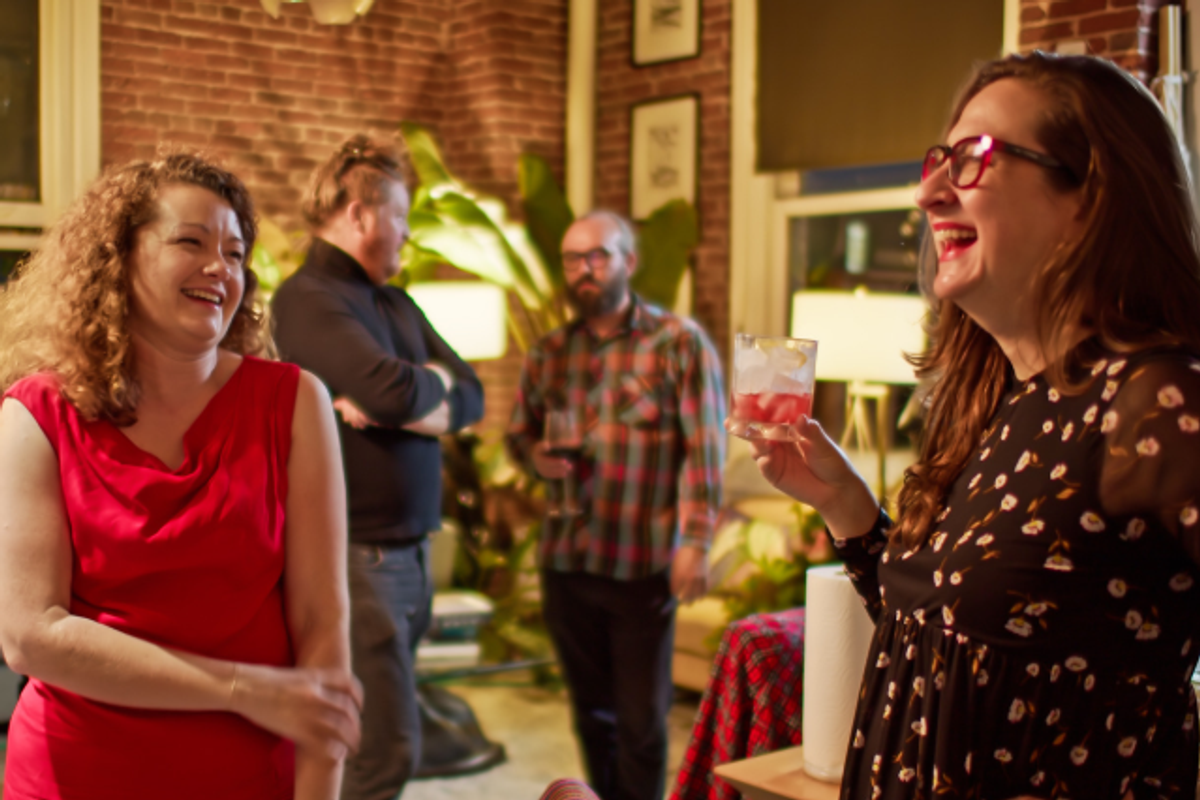Lifeguard jobs aren't just summer jobs for teens. LA County lifeguards can clear $500K a year.
Don't everybody quit their day job at once.

Report reveals that lifeguards can make over $500k a year.
When people think of lifeguards, most of the time they imagine a teenager working a pool for some summer cash. In movies and television shows, they're often depicted as teens or very young adults trained to save lives earning a little more than minimum wage. But not all lifeguard jobs are created equally and not all lifeguards are teenagers saving for a car.
In fact, some locations in America pay their lifeguards extremely well to do their jobs. It may seem like they spend most of their time sitting on a lifeguard tower watching the water for signs of distress, but the job is not that simple. Though it's not too often during their day that they have to dive into the water to rescue swimmers, their job is still serious. When it's time to save someone drowning, they need to know what they're doing and how to do it well. For saving lives, lifeguards being well paid makes sense.

The thing that seems to be shocking is the salary that some lifeguards bring home in a year, specifically in Los Angeles County. In a recent report on Fox 11, they found that of the 166 full-time L.A. County lifeguards, most of them raked in anywhere from $200K to $500K annually. The question of how much is too much was posed by the newscaster due to the salaries coming from tax payer dollars, but he left the audience with a staggering figure that ore than justifies the salary: number of lives saved, which was over 10,000.
No value could accurately be placed on a human life, but the fact that these California lifeguards saved over 10,000 swimmers the year prior is certainly an impressive feat. Only 10 L.A. County lifeguards made over $300K last year, and they were all in positions of management or a specialty which resulted in them getting an increased amount for overtime pay.
While the initial figures may seem staggering for a job title most often held by teenagers, it's actually the overtime that is inflating the salaries. Many of the lifeguards' salaries cited in the 2021 Open the Books report are comprised of mostly overtime pay, with the captain's base salary being $150,054 and his overtime coming in at a whopping $246,060. The top paid lifeguards are making more in overtime than they are on their base salary and, according to Open the Books, the large salaries and overtime are due to the lifeguards unionizing to increase their negotiation power.
Los Angeles County is huge and has a constant flow of tourists from all over the world, which results in these lifeguards and their bosses being responsible for millions upon millions of lives. In 2021 alone, LA County lifeguards watched over 50 million people and rescued thousands who made their way to the beaches. I'd say the money is well deserved.
Who knew being a lifeguard could have such a high payoff? One of the best things about becoming a lifeguard is there's no degree required. Many kids leave high school with the experience needed to head to the beach for an ocean-specific lifeguard training academy. The only requirements to become a lifeguard in Los Angeles County is to be a high school graduate with a California drivers license and complete the training academy.
But before you quit your day job, you should know that competition is fierce. Only the best of the best are chosen for the role. Watching Baywatch and loving the beach isn't going to cut it. Lifeguarding some of the busiest beaches in America is a physically and mentally grueling job that you have to be prepared to take on.
- 99-year-old swimmer just shattered the centenarian world record in the 400m freestyle ›
- Your 7-year-old is questioning the meaning of life. Now what? ›
- Italy's lifeguard dogs work with humans to create a 'six-legged unit' for water rescues ›
- People say these jobs surprisingly pay 'extremely well' - Upworthy ›



 A man being licked by a golden retreiver.
A man being licked by a golden retreiver.  A dog's tongue close-up.
A dog's tongue close-up.  A golden retreiver getting their teeth brushed.
A golden retreiver getting their teeth brushed. 
 Curtains can help make a space feel homey and hide bad windows and trim.
Curtains can help make a space feel homey and hide bad windows and trim. Clean and tidy sets a mood.
Clean and tidy sets a mood. Lighting makes a big difference in how your home feels.
Lighting makes a big difference in how your home feels.

 Cathedral-like libraries like the George Peabody Library in Baltimore, Maryland are popular places for creative work.By Matthew Petroff/
Cathedral-like libraries like the George Peabody Library in Baltimore, Maryland are popular places for creative work.By Matthew Petroff/ The Sterling Memorial Library at YaleBy Nick Allen/
The Sterling Memorial Library at YaleBy Nick Allen/
 A woman making eye contact with a man she is speaking to.via
A woman making eye contact with a man she is speaking to.via  A man in a suit with questions.via
A man in a suit with questions.via